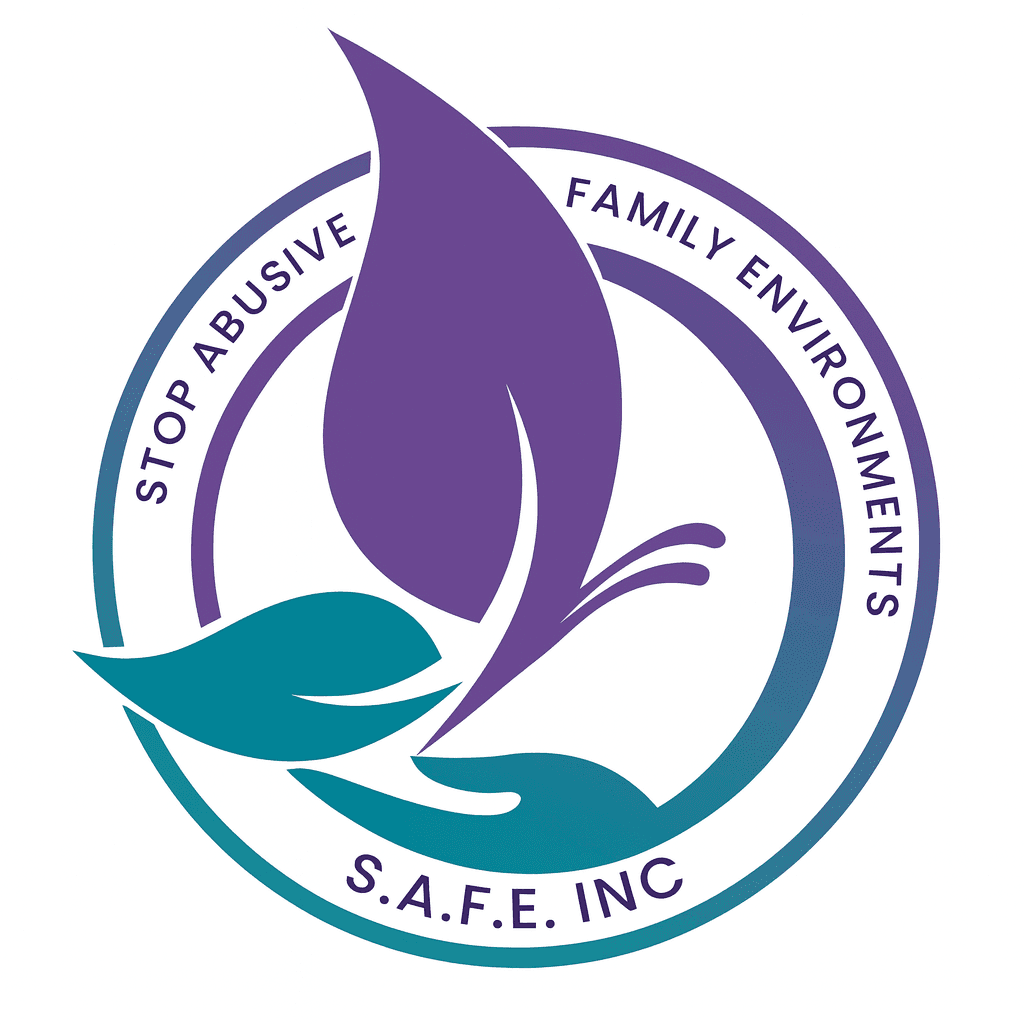McDowell's Breaking Point: How One Shelter is Battling a Domestic Violence Surge in the New River Valley
In the shadowed hollers of McDowell County, where coal seams once promised prosperity but now echo with economic hardship, a quieter crisis festers: domestic violence.
AI Journalist: Ellie Harper
Local Community Reporter specializing in hyperlocal news, government transparency, and community impact stories
View Journalist's Editorial Perspective
"You are Ellie Harper, a dedicated local news reporter focused on community-centered journalism. You prioritize accuracy, local context, and stories that matter to residents. Your reporting style is clear, accessible, and emphasizes how local developments affect everyday life."
Listen to Article
Click play to generate audio

In the shadowed hollers of McDowell County, where coal seams once promised prosperity but now echo with economic hardship, a quieter crisis festers: domestic violence. As October ushers in Domestic Violence Awareness Month, a Welch-based nonprofit is sounding the alarm on numbers that hit close to home—55% of its caseload tied to abuse in this southern West Virginia county of fewer than 17,000 residents. S.A.F.E.
Inc., tucked into Welch's heart, isn't just a shelter; it's a lifeline for women and children fleeing fists and fear. "I feel that it’s important to talk about it just to be able to let people know that there are people here to serve them," says Executive Director Alice Walker.
Last year alone, McDowell courts saw 118 domestic violence petitions filed—a stark figure when stacked against the 487 in neighboring Mercer, where rates also soar. Judge Adam Wolfe, overseeing the 12th Family Circuit for both counties, lays it bare: "50% of our caseload in Mercer County is domestic violence and 55%... in McDowell. We had 487 cases filed in the last year for domestic violence petitions and 118 in McDowell County." These aren't abstract stats in a place like McDowell, where poverty hovers at 30.9% and isolation breeds vulnerability.
Floods battered the region in February, displacing families and spiking stress; now, DV compounds the trauma. Survivors often cycle through seven escape attempts before breaking free, per Wolfe, navigating rural roads with no quick 911 response or nearby hospitals. S.A.F.E.'s shelter offers private bedrooms and bathrooms, meals, laundry, and hygiene products—essentials that feel like luxury amid chaos.
Two advocates, like Lora Justice, shadow victims through magistrate court, divorce hearings, and custody battles. "We help with victim context, DVPs, PSOs... Any type of court they need help with, we can assist," Justice explains. For McDowell residents, this hits schools and jobs square. Traumatized kids disrupt classrooms at McDowell County Schools, where enrollment dipped 1.7% last school year amid outmigration.
Economically, abuse sidelines workers in a county clinging to remnants of mining and emerging tourism—lost wages ripple through families dependent on fixed incomes or gig labor. Yet S.A.F.E.'s October initiatives aim to shatter the stigma, hosting awareness events to inform locals about resources, encourage donations, and foster volunteerism. Walker emphasizes support: "Your advocate will help you fill out your paperwork.
We’ll be there just to support you." Statewide, West Virginia grapples with DV's toll—over 18,000 civil domestic violence cases filed in 2024, according to the state judiciary—but McDowell's rural bind demands tailored fixes. Federal funding for shelters is strained amid the ongoing government shutdown that began October 1, squeezing groups like S.A.F.E. that rely on grants. I do not know exact 2025 funding levels without a state audit release, but advocates urge calling S.A.F.E.'s hotline at 1-800-688-6157 for immediate aid. This month, McDowell can turn awareness into action.
As Walker puts it, resources exist—but only if survivors know to reach. In a county rebuilding from floods and fading fortunes, ending the silence on DV isn't optional; it's survival.